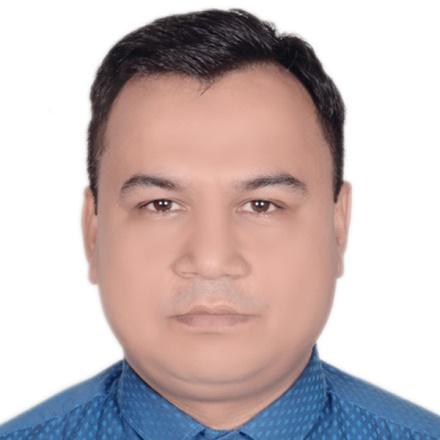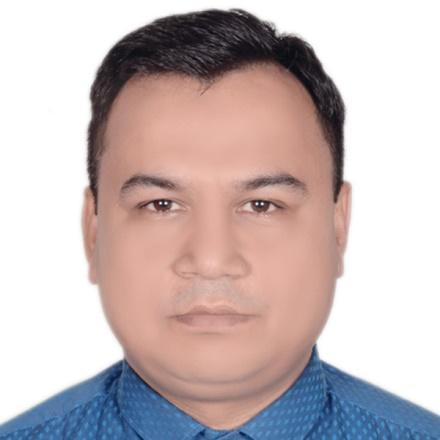
Bachelor of Public Health
BPH course imparts knowledge and skills in students for public healthcare programs where they get to study subjects focusing on healthcare programs, policies, recent developments, social, behavioral and environmental health etc. Moreover, they also study human anatomy, disease physiology, and other relevant subjects.
Program Information
- Class Start:
- Program Duration: 4 Years
- Total Credits: 155
- Student Capacity: Max 120 Students
- Program Teachers: 03
Program Details
A Bachelor of Public Health (BPH) is an undergraduate degree program that focuses on the principles and practices of public health. Public health is a multidisciplinary field that addresses the health and well-being of populations, rather than individuals. BPH programs typically provide students with a broad understanding of public health issues, policies, and interventions.
Here are some key aspects of a Bachelor of Public Health program:
-
Core Curriculum: BPH programs usually include a core curriculum covering various aspects of public health, such as epidemiology, biostatistics, environmental health, health policy, health education, and social and behavioral sciences.
-
Interdisciplinary Approach: Public health is inherently interdisciplinary, and BPH programs often integrate knowledge from fields like medicine, sociology, anthropology, environmental science, and policy studies to provide a comprehensive understanding of public health issues.
-
Fieldwork and Practical Experience: Many BPH programs incorporate hands-on experiences, internships, or fieldwork to give students practical exposure to public health settings. This could involve working with community health organizations, government agencies, or research institutions.
-
Health Promotion and Disease Prevention: BPH programs often emphasize health promotion and disease prevention strategies, exploring ways to improve the health of communities through education, advocacy, and policy changes.
-
Research Skills: Students in BPH programs may develop research skills, including data analysis, research design, and interpretation of health-related studies.
-
Global Health Perspective: Given the global nature of public health challenges, BPH programs may include a focus on global health issues, including infectious diseases, healthcare disparities, and international health policies.
-
Policy and Advocacy: Understanding health policies and advocacy is a crucial component of public health. BPH programs may cover the development, implementation, and evaluation of health policies at various levels.
-
Ethics and Cultural Competence: BPH programs often address ethical considerations in public health practices and emphasize the importance of cultural competence in working with diverse populations.
Upon completing a Bachelor of Public Health, graduates may pursue various career paths or choose to further their education by pursuing a Master of Public Health (MPH) or other advanced degrees in related fields. Career options include roles in public health agencies, non-profit organizations, healthcare institutions, government agencies, research institutions, and more.
Minimum Requirements
-
The minimum qualifications for admission Bachelor of Public Health
Programs are:
- The minimum GPA shall be 2.5 in both SSC & HSC/ Diploma
- For &ldquo level " A " systems an applicant must have completed 5 Papers in &ldquo Level and 2 papers in ‘A’ Level
- He / She must have ‘B’ Grade or GPA 4 at least in 4 subjects & ‘C’ grade or GPA 3.5 in the rest of 3 subjects
- Students who have completed the 4(Four) years Diploma Program under the Technical Education Board are also eligible for admission under the program
- For applicants from foreign countries equivalent standard shall be maintained
- The applicant must have the 12th level
- For all Science Program students must have GPA 2.5 in both SSC & HSC/ Diploma in Engineering with Physics and Mathematics
- She/he has to pass in optional subjects (Both in SSC & HSC)



